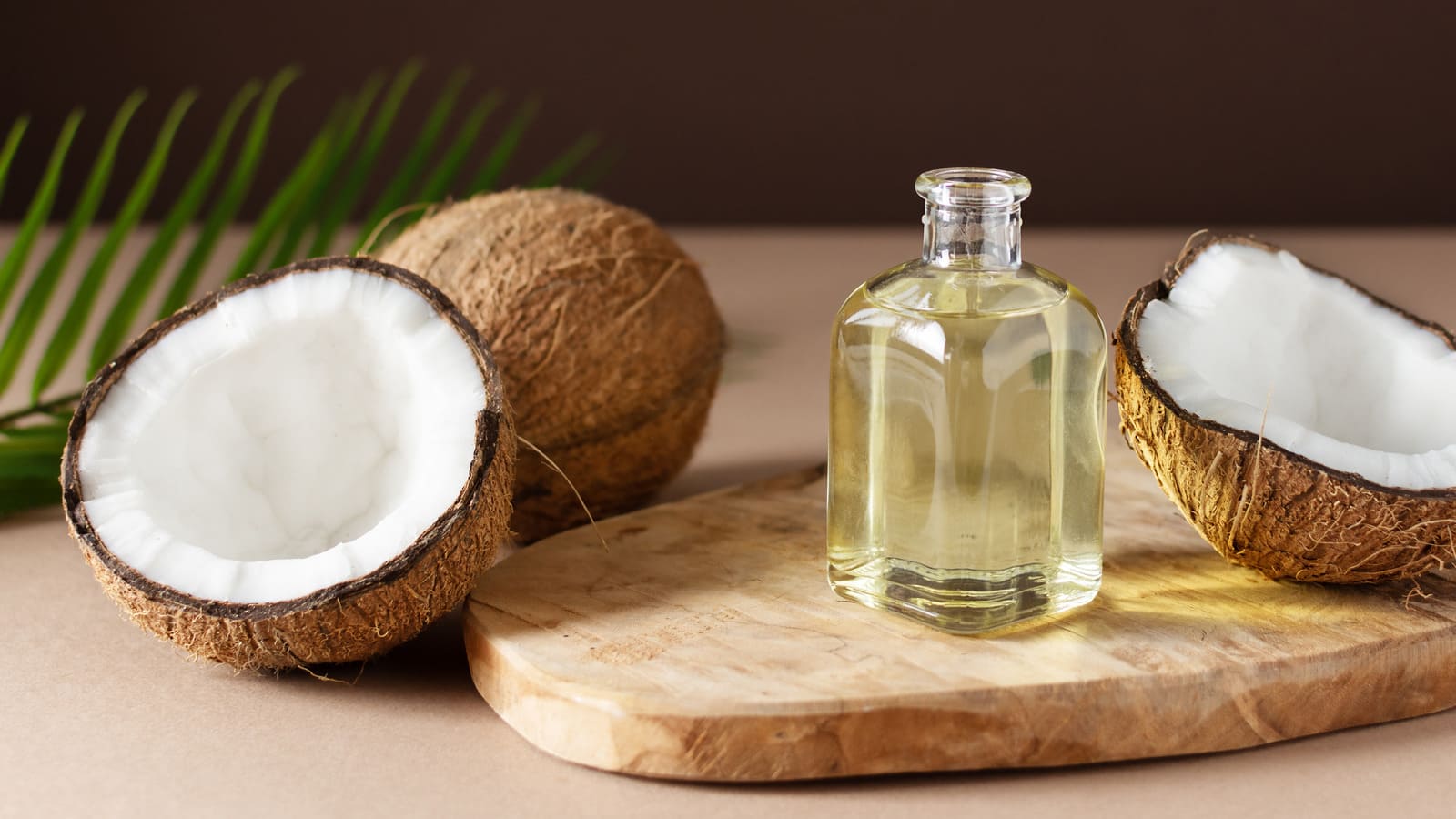

Articles
How To Store Coconut Oil
Modified: December 7, 2023
Discover the best methods and tips for storing coconut oil in this comprehensive article. Ensure your oil stays fresh and lasts longer with our expert advice.
(Many of the links in this article redirect to a specific reviewed product. Your purchase of these products through affiliate links helps to generate commission for Storables.com, at no extra cost. Learn more)
Introduction
Coconut oil has gained immense popularity in recent years due to its numerous health benefits and versatile uses. From cooking and baking to skincare and haircare, this natural oil has become a staple in many households. However, to ensure that you can enjoy the full benefits of coconut oil, it is essential to store it properly.
Proper storage of coconut oil not only helps maintain its quality and flavor but also extends its shelf life. With the right storage techniques, you can prevent the oil from going rancid and preserve its nutritional value. In this article, we will explore the importance of storing coconut oil properly and provide you with valuable tips on how to do so.
So why is it necessary to pay attention to the storage of coconut oil? Just like any other oil, coconut oil is vulnerable to factors that can accelerate its deterioration. Exposure to air, light, heat, and moisture can cause the oil to go rancid, resulting in a foul smell, taste, and potential loss of nutritional benefits.
By taking proper storage precautions, you can maintain the quality and flavor of your coconut oil, making it last longer and ensuring that you get the most out of your investment. Additionally, storing coconut oil correctly can prevent any potential health risks associated with consuming spoiled oil.
The shelf life of coconut oil can vary depending on different factors. The quality of the oil, the processing methods used, and the storage conditions all play a significant role in determining how long the oil will remain stable and fresh.
In the next sections, we will discuss the factors that can affect the shelf life of coconut oil, the recommended storage containers, the ideal storage locations, and valuable tips for extending the life of your coconut oil. So let’s dive in and explore the best practices for storing this precious oil.
Key Takeaways:
- Properly storing coconut oil is crucial to maintain its quality, flavor, and nutritional benefits. By using airtight containers, choosing the right storage location, and avoiding heat and moisture, you can extend its shelf life and enjoy its versatile uses.
- Signs of spoiled coconut oil include foul odor, unpleasant taste, visible mold, change in texture, excessive oxidation, and prolonged storage. Regularly inspect your coconut oil to ensure it remains fresh and safe for consumption.
Read more: How To Store Infused Coconut Oil
Why Store Coconut Oil Properly
Properly storing coconut oil is essential to preserve its quality, flavor, and nutritional benefits. Here are a few key reasons why you should pay attention to the storage of your coconut oil:
- Prevent Oxidation: Coconut oil contains high levels of healthy fats, which can easily oxidize when exposed to air, light, and heat. Oxidation leads to the formation of free radicals, which can cause cellular damage in the body. By storing coconut oil properly, you can minimize exposure to these elements and reduce the risk of oxidation.
- Maintain Flavor and Aroma: Fresh, high-quality coconut oil has a distinct aroma and flavor that can enhance the taste of your dishes and recipes. However, when improperly stored, coconut oil can develop a rancid smell and taste, rendering it unpleasant to consume. By storing it correctly, you can retain the natural flavor and aroma of the oil.
- Prolong Shelf Life: Coconut oil has a relatively long shelf life, but it can undergo spoilage if not stored properly. Oxidation, exposure to light, and contamination by moisture can all accelerate the deterioration process. By practicing proper storage techniques, you can extend the shelf life of your coconut oil and avoid wastage.
- Preserve Nutritional Benefits: Coconut oil is known for its rich nutritional profile, containing essential fatty acids and beneficial compounds. However, these nutrients can degrade when exposed to unfavorable storage conditions. By storing coconut oil properly, you can preserve its nutritional benefits and ensure that you are maximizing its health-promoting properties.
- Prevent Contamination: Proper storage of coconut oil helps protect it from contamination by external factors such as moisture, dust, and odors. When coconut oil comes into contact with moisture, it becomes a breeding ground for bacteria and molds, which can lead to spoilage and potential health risks. By storing it in the right containers and locations, you can minimize the risk of contamination.
By understanding the importance of proper coconut oil storage, you can ensure that you are getting the most out of this versatile oil. In the next sections, we will explore the factors that can affect coconut oil’s shelf life and provide you with practical tips on how to store it correctly to maintain its quality and freshness.
Factors Affecting Coconut Oil Shelf Life
The shelf life of coconut oil can vary depending on several factors. Understanding these factors can help you make informed decisions about how to store and use your coconut oil. Here are the main factors that can affect the shelf life of coconut oil:
- Quality of the Oil: The quality of the coconut oil you purchase plays a significant role in its shelf life. High-quality, unrefined, and virgin coconut oil tends to have a longer shelf life compared to lower quality, refined oils. This is because high-quality coconut oil undergoes minimal processing, preserving more of its natural antioxidants and nutrients, which can extend its freshness.
- Exposure to Air: Oxygen is one of the primary culprits behind oil oxidation. When coconut oil is exposed to air, it can react with oxygen and become rancid more quickly. To minimize exposure to air, it is important to store coconut oil in airtight containers that prevent oxygen from entering.
- Exposure to Light: Another factor that can accelerate the deterioration of coconut oil is exposure to light. Ultraviolet (UV) rays from sunlight can cause oxidation and degrade the quality of the oil. It is advisable to store coconut oil in opaque or dark-colored containers to protect it from light exposure.
- Temperature: Heat can speed up the oxidation process and cause coconut oil to go rancid. It is crucial to store coconut oil in a cool and dry place to maintain its freshness. Avoid keeping it near stoves, ovens, or areas that experience temperature fluctuations.
- Moisture: Moisture is the enemy when it comes to coconut oil storage. Water can introduce bacteria and mold, leading to spoilage of the oil. It is important to keep coconut oil away from areas of high humidity, such as the bathroom or near sinks. Additionally, make sure the container is dry before transferring coconut oil to it.
- Contamination: Contamination can also affect the shelf life of coconut oil. It is crucial to store coconut oil in clean and dry containers to prevent any cross-contamination from other substances. Avoid using wet or dirty utensils while handling the oil, as this can introduce moisture and bacteria.
By being mindful of these factors and taking appropriate storage precautions, you can help prolong the shelf life of your coconut oil and ensure that it stays fresh and of high quality. In the next sections, we will discuss the recommended storage containers for coconut oil and provide tips on choosing the right storage location.
Recommended Storage Containers for Coconut Oil
Choosing the right storage containers for your coconut oil is crucial in preserving its freshness and preventing any potential contamination. Here are some recommended containers for storing coconut oil:
- Glass Jars or Bottles: Glass containers are a popular choice for storing coconut oil. They are non-reactive, ensuring that no chemicals leach into the oil. Additionally, glass is impermeable to air and light, providing excellent protection. Look for dark-colored glass containers or store the oil in a pantry or cupboard to shield it from light.
- Food-Grade Plastic Containers: If you prefer using plastic containers, make sure they are food-grade and designed for storing oils. Look for containers made from high-density polyethylene (HDPE) or polypropylene (PP). These plastics are less likely to react with the oil and are more resistant to moisture and air exposure. Avoid using containers made from low-quality or recycled plastics.
- Tight-Sealing Containers: Regardless of the material, the containers should have a tight-sealing lid or cap to minimize air exposure. Airtight containers prevent oxygen from entering and causing oxidation, keeping the coconut oil fresh for a longer period.
- Small-Sized Containers: It is advisable to store coconut oil in smaller containers rather than large ones. When you open the container, air can rapidly come in contact with the oil, accelerating oxidation. By using smaller containers, you can minimize the amount of air exposure each time you access the oil.
- Non-Reactive Metal Containers: Stainless steel containers can also be used for short-term storage of coconut oil. Make sure they are food-grade and have a tight-sealing lid. Avoid using aluminum or other reactive metals, as they can interact with the oil and affect its quality.
When selecting a storage container, ensure that it is clean and dry before transferring the coconut oil. Any residue or moisture can introduce contaminants and affect the shelf life of the oil. It is also essential to label the containers with the purchase date or expiry date to keep track of freshness.
Remember to store the containers in a cool, dry place, away from direct sunlight and sources of heat. Maintaining proper storage conditions, along with using the right containers, will help preserve the quality and flavor of your coconut oil for an extended period.
In the next section, we will discuss the importance of choosing the right storage location for your coconut oil.
Choosing the Right Storage Location
When it comes to storing coconut oil, choosing the right location is just as important as selecting the proper containers. The storage location can directly impact the oil’s shelf life and quality. Here are some key factors to consider when choosing the right storage location for your coconut oil:
- Cool Temperature: Coconut oil is sensitive to heat and can quickly go rancid if exposed to high temperatures. It is crucial to store the oil in a cool location, away from direct sunlight and heat sources such as stovetops, ovens, or heaters. Ideally, aim for a storage temperature between 75°F (24°C) and 80°F (27°C).
- Dark and Dry Environment: Light can accelerate the oxidation of coconut oil, leading to a loss of flavor and nutritional properties. Choose a storage location that is dark or shielded from natural and artificial light. A pantry or cupboard with a solid door is an ideal option. Additionally, ensure that the area is dry, as moisture can promote the growth of bacteria and mold.
- Away from Moisture and Humidity: Moisture is the enemy of coconut oil, as it can lead to spoilage and bacterial growth. Avoid storing the oil in areas prone to high humidity, such as the bathroom or near sinks. Ensure that the storage location is dry and well-ventilated.
- Absence of Strong Odors: Coconut oil can easily absorb strong odors from its surroundings. To preserve its natural flavor and aroma, store it away from strong-smelling substances such as spices, onions, or cleaning products. Consider using a sealed container to further protect the oil from odor absorption.
- Stable and Flat Surface: Choose a stable and level surface for storing your coconut oil containers. This helps prevent accidental spills and ensures that the containers remain securely in place. Avoid storing containers near the edge of shelves or in areas where they may be easily knocked over.
By considering these factors and selecting an appropriate storage location, you can help prolong the shelf life of your coconut oil and maintain its quality. Remember to regularly check the storage area for any signs of moisture, pests, or other potential sources of contamination.
In the next section, we will provide valuable tips for storing coconut oil to ensure maximum freshness and longevity.
Store coconut oil in a cool, dark place to prevent it from melting or becoming rancid. A pantry or kitchen cabinet works well. Avoid storing it near heat sources or in direct sunlight.
Read more: How To Store Coconut Oil After Opening
Tips for Storing Coconut Oil
To ensure the optimal storage of your coconut oil and maintain its freshness, consider the following valuable tips:
- Keep it airtight: Properly seal the container of coconut oil to minimize air exposure. Oxygen speeds up the oxidation process and can lead to the oil going rancid. Use containers with tight-sealing lids or caps to create an airtight environment and preserve the oil’s quality.
- Avoid excessive heat: Heat accelerates the deterioration of coconut oil. Keep it away from sources of heat, such as stovetops, ovens, or direct sunlight. Choose a cool storage location to maintain the oil’s freshness and nutritional benefits.
- Avoid extreme temperature fluctuations: Fluctuations in temperature can affect coconut oil’s stability and shelf life. Avoid storing the oil in areas that experience drastic temperature changes, as this can promote oxidation and spoilage.
- Do not refrigerate: Although refrigeration solidifies coconut oil, it is not necessary to refrigerate it. Storing coconut oil in the refrigerator can introduce moisture, causing condensation and potential contamination. It is best to store coconut oil at room temperature in a cool, dry place.
- Maintain cleanliness: Prior to transferring coconut oil to a storage container, ensure that the container is clean, dry, and free from any odors. Avoid using utensils that are wet or dirty, as they can introduce moisture and contaminants to the oil.
- Keep away from water: Moisture is one of the primary enemies of coconut oil. Avoid storing the oil near areas with high humidity, such as the bathroom or near sinks. Water can introduce bacteria and mold, leading to spoilage of the oil.
- Label and track dates: Properly label your containers with the purchase date or the date of opening. This will help you keep track of the freshness of your coconut oil and ensure that you use it within its recommended shelf life.
- Rotate and use regularly: Coconut oil is best enjoyed when fresh. Consider using a “first in, first out” approach, rotating your stock of coconut oil to ensure that the oldest containers are used first. Regularly using the oil will help you maintain a fresh supply and avoid wastage.
- Choose high-quality oil: Investing in high-quality, unrefined coconut oil can have a significant impact on its shelf life. Opt for virgin or extra-virgin coconut oil that has been minimally processed. High-quality oils tend to have a longer shelf life and retain more of their natural antioxidants and nutrients.
By following these tips, you can store coconut oil properly and enjoy its freshness and benefits for a longer period. Proper storage ensures that you get the most out of this versatile oil and avoid unnecessary waste or spoilage.
In the next section, we will discuss how you can extend the shelf life of your coconut oil through additional measures and precautions.
How to Extend the Shelf Life of Coconut Oil
If you want to maximize the shelf life of your coconut oil and keep it fresh and usable for an extended period, consider the following tips:
- Properly seal the container: Ensure that the container is tightly sealed after every use to minimize air exposure. Oxygen can accelerate the oxidation process, leading to the oil going rancid. Using airtight containers and securely sealing them will help prevent air from entering and preserve the quality of the oil.
- Store in a cool and dark place: Coconut oil is sensitive to heat and light, which can hasten its deterioration. Choose a cool location, ideally between 75°F (24°C) and 80°F (27°C), away from direct sunlight, stovetops, or other heat sources. To further protect the oil from light, store it in opaque or dark-colored containers.
- Avoid moisture and humidity: Moisture can lead to the growth of bacteria and mold, causing spoilage of the oil. Keep coconut oil away from areas of high humidity, such as the bathroom or near sinks. Ensure that the storage location is dry and well-ventilated.
- Use clean utensils: When scooping out coconut oil, make sure to use clean, dry utensils. Avoid using wet or dirty spoons, as they can introduce moisture and contaminants into the oil. Always seal the container after each use to prevent exposure to air and potential contamination.
- Avoid cross-contamination: To prevent the oil from absorbing unwanted flavors or odors, keep coconut oil away from strong-smelling substances, such as spices or cleaning products. Store it separately from other food items that may release strong aromas.
- Rotate and use regularly: To ensure that your coconut oil remains fresh, follow the “first in, first out” principle. Use the oldest containers first and rotate your stock regularly. This helps prevent the oil from sitting unused for an extended period, reducing the risk of spoilage.
- Consider refrigeration in hot climates: If you live in a hot climate where room temperatures consistently exceed 80°F (27°C), storing coconut oil in the refrigerator can help extend its shelf life. However, note that refrigerated coconut oil may solidify, so allow it to come to room temperature before using it.
- Inspect and discard if foul odor or mold appears: Regularly check the coconut oil for any signs of spoilage, such as a foul or rancid odor or the presence of mold. If you detect any of these signs, it is best to discard the oil to avoid any potential health risks.
By implementing these practices, you can significantly extend the shelf life of your coconut oil and maintain its freshness and quality for a longer duration.
In the final section, we will discuss the signs of spoiled coconut oil to help you identify when it is no longer suitable for consumption.
Signs of Spoiled Coconut Oil
While coconut oil has a relatively long shelf life, it can eventually go bad if not stored properly or used within its recommended timeframe. Here are some signs to look out for to determine if your coconut oil has spoiled:
- Foul Odor: One of the most noticeable signs of spoiled coconut oil is a rancid or off-putting odor. Fresh coconut oil has a distinct and pleasant aroma, but if it develops a foul smell, reminiscent of stale or rotting food, it is an indication that the oil has gone bad.
- Unpleasant Taste: Similarly, spoiled coconut oil can have an unpleasant taste. It may taste bitter, sour, or overly rancid. If you notice a significant change in taste, it is best to avoid consuming the oil.
- Visible Mold: Mold growth is a clear sign of spoilage in coconut oil. If you see any visible signs of mold or unusual discoloration on the surface of the oil, it is important to discard it immediately. Consuming moldy coconut oil can lead to health issues.
- Change in Texture: Normally, coconut oil has a smooth and creamy texture. If you observe any graininess, clumps, or separation of layers, it could be an indication of spoilage. While slight separation can occur naturally, an excessive amount might suggest a problem.
- Excessive Oxidation: Over time, coconut oil can undergo oxidation, resulting in changes in color. Fresh, high-quality coconut oil is usually transparent or slightly yellowish in color. If you notice a significant darkening or a cloudy appearance in the oil, it may suggest that it has oxidized and is no longer suitable for use.
- Prolonged Storage: Coconut oil has a relatively long shelf life, but it does not last indefinitely. As with any food product, it is important to check the expiration date or the recommended shelf life provided on the packaging. If the oil has exceeded this timeframe, it is advisable to discard it to ensure your safety.
It is crucial to carefully inspect your coconut oil before using it. If you notice any of these signs of spoilage, it is best to err on the side of caution and dispose of the oil. Consuming spoiled coconut oil can have negative effects on your health and may lead to gastrointestinal discomfort or other adverse reactions.
Remember to always store coconut oil properly and follow the recommended storage guidelines to prolong its shelf life and ensure that you can enjoy its benefits while it is fresh and safe for consumption.
To wrap up, we have discussed the importance of storing coconut oil properly, the factors that can affect its shelf life, recommended storage containers, choosing the right storage location, tips for proper storage, and signs of spoiled coconut oil. By following these guidelines, you can ensure that your coconut oil remains fresh, flavorful, and safe to use for an extended period.
Conclusion
Properly storing coconut oil is essential to maintain its quality, freshness, and nutritional benefits. By following the recommended storage guidelines and implementing the tips mentioned in this article, you can extend the shelf life of your coconut oil and ensure its optimal use.
Factors such as air exposure, light, heat, moisture, and contamination can significantly impact the quality and longevity of coconut oil. By using appropriate storage containers, such as glass jars or food-grade plastic containers, you can protect the oil from oxidation and maintain its flavor and aroma.
Choosing the right storage location is equally important. Make sure to store coconut oil in a cool, dark, and dry place to minimize the risk of spoilage. Avoid areas of high humidity and keep the oil away from strong odors to preserve its taste and quality.
By following these storage tips and practices, you can extend the shelf life of coconut oil and prevent it from going rancid or contaminated. Regularly check the oil for any signs of spoilage, such as foul odor, mold, or changes in texture, and discard it if necessary.
Remember, fresh coconut oil brings a distinct flavor and valuable nutritional benefits to your cooking and skincare routines. By storing it properly, you can ensure that you get the most out of this versatile oil and enjoy its numerous health benefits for an extended period.
So, take care of your coconut oil, store it properly, and embrace the goodness it brings to your life!
Frequently Asked Questions about How To Store Coconut Oil
Was this page helpful?
At Storables.com, we guarantee accurate and reliable information. Our content, validated by Expert Board Contributors, is crafted following stringent Editorial Policies. We're committed to providing you with well-researched, expert-backed insights for all your informational needs.
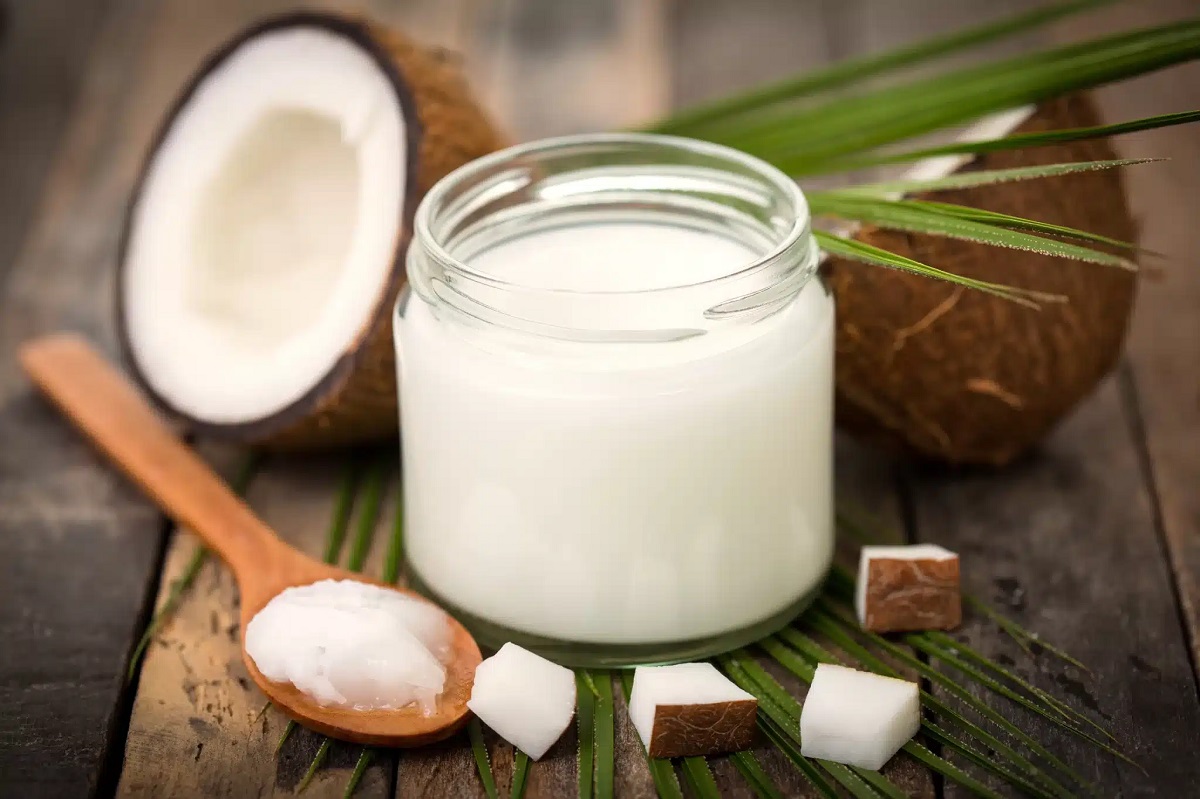
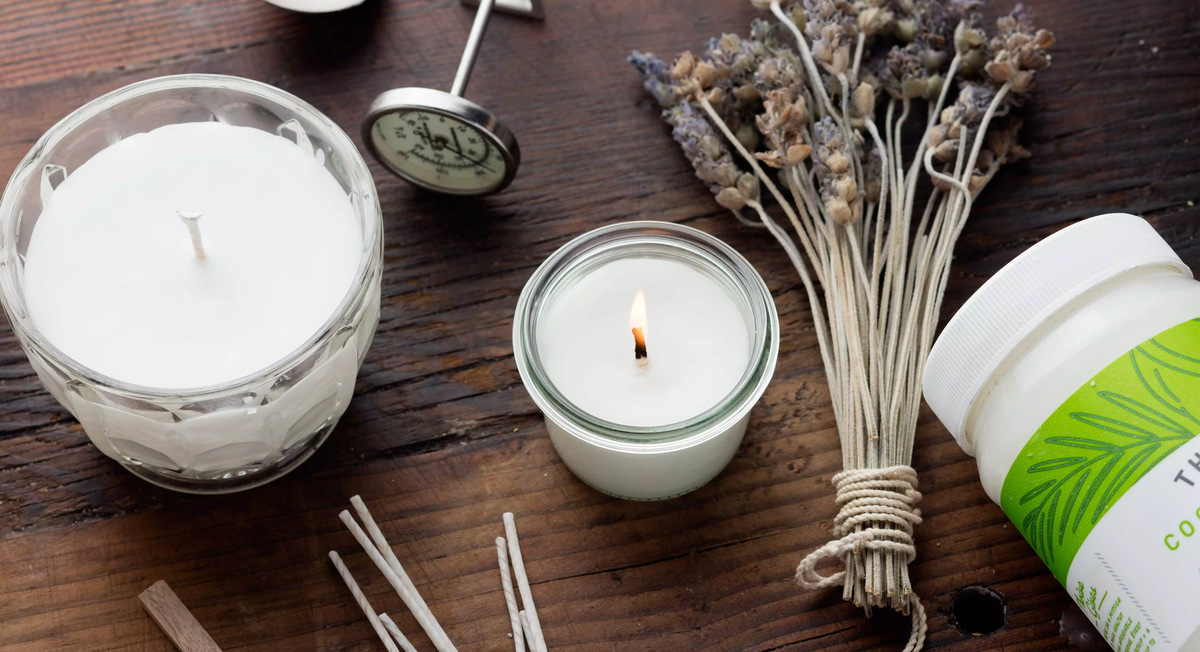
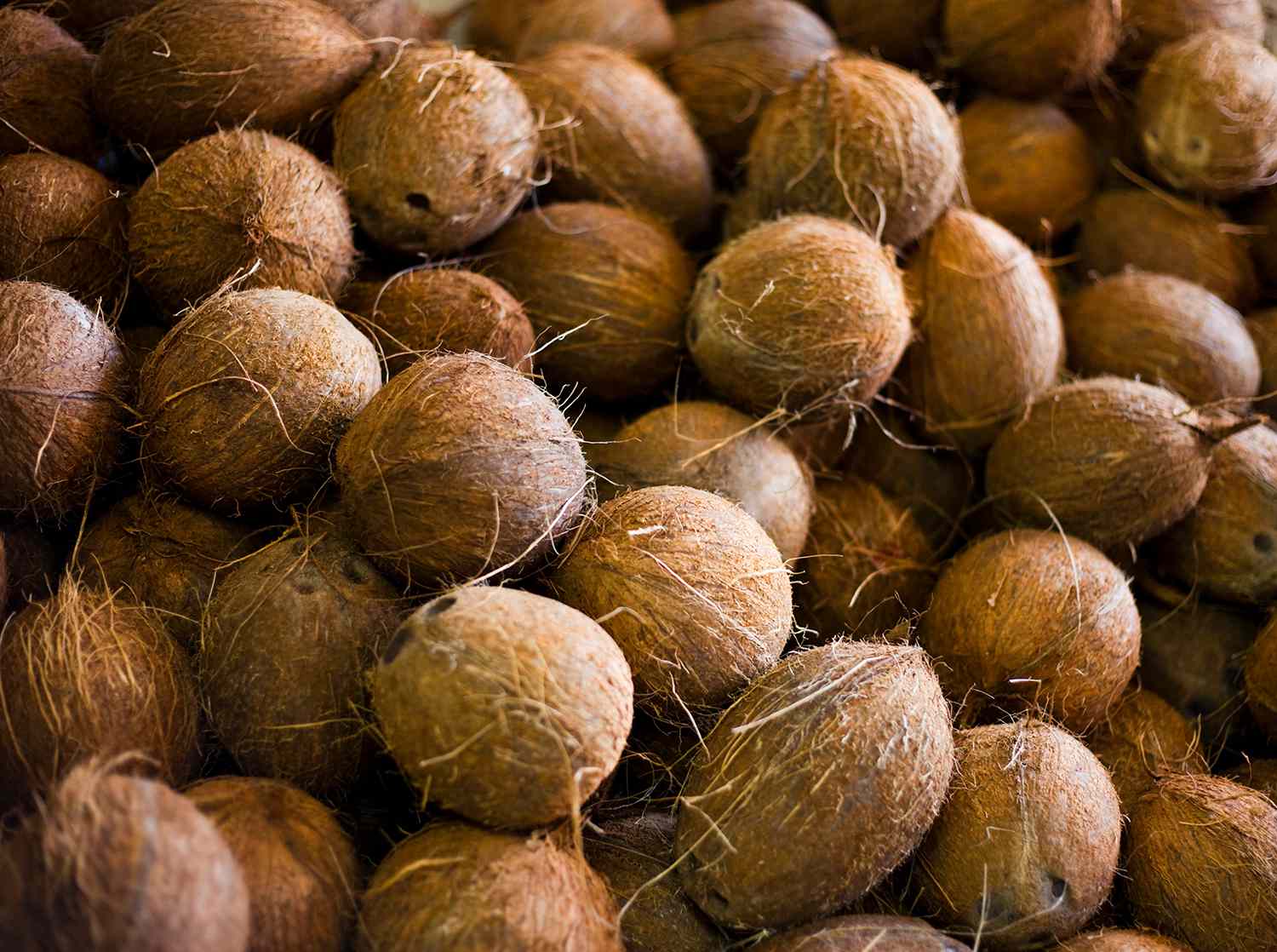

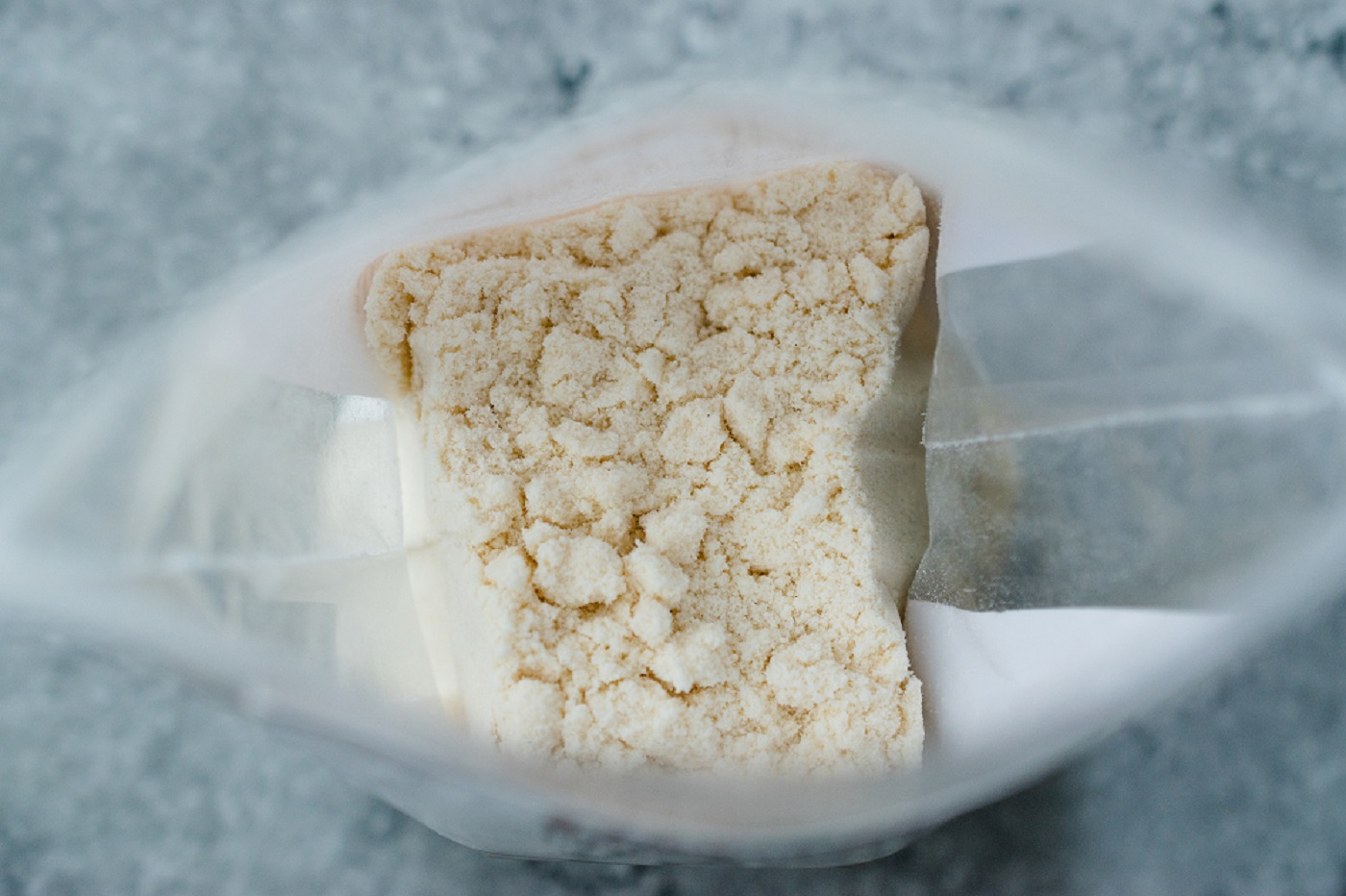
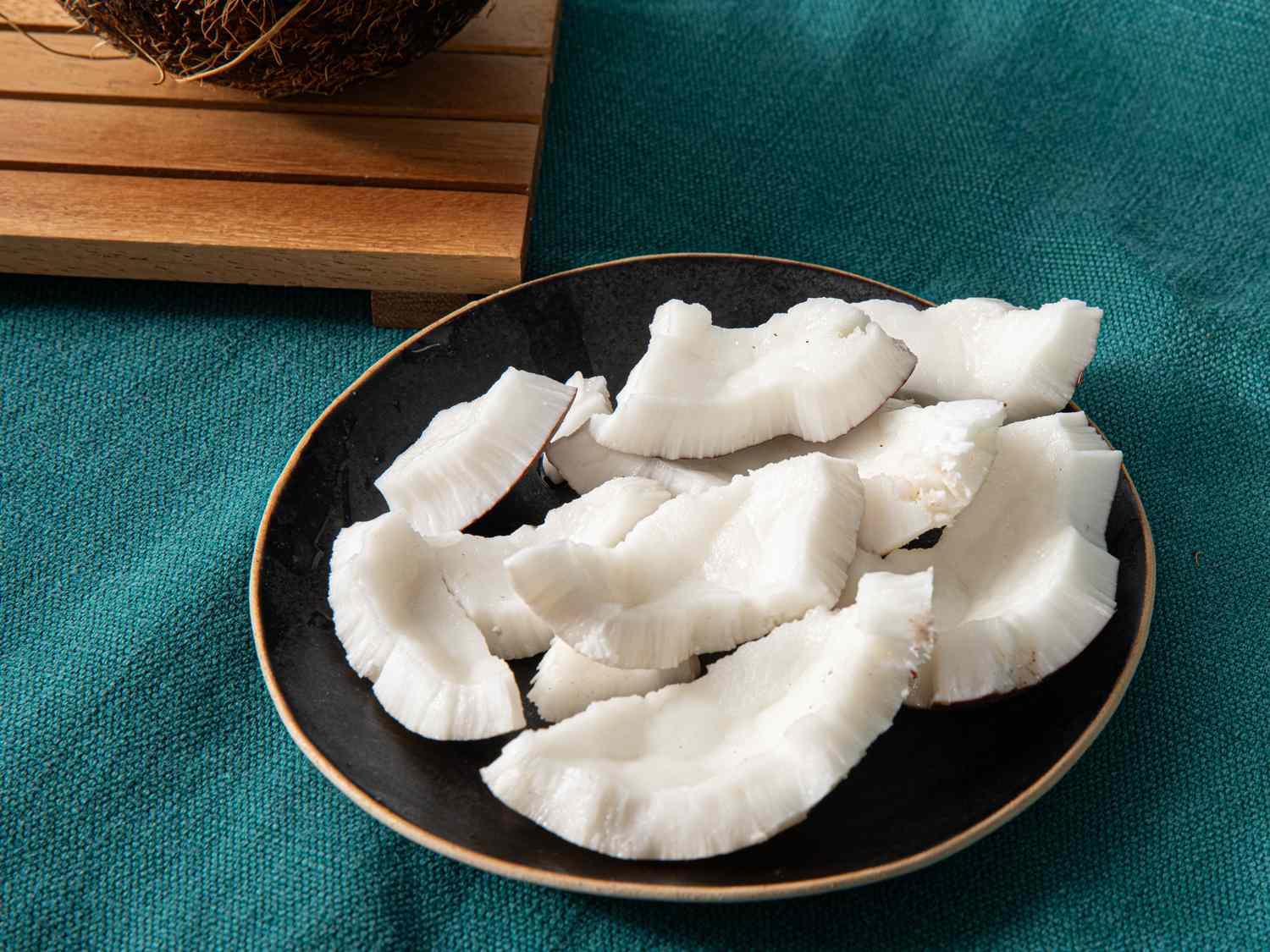
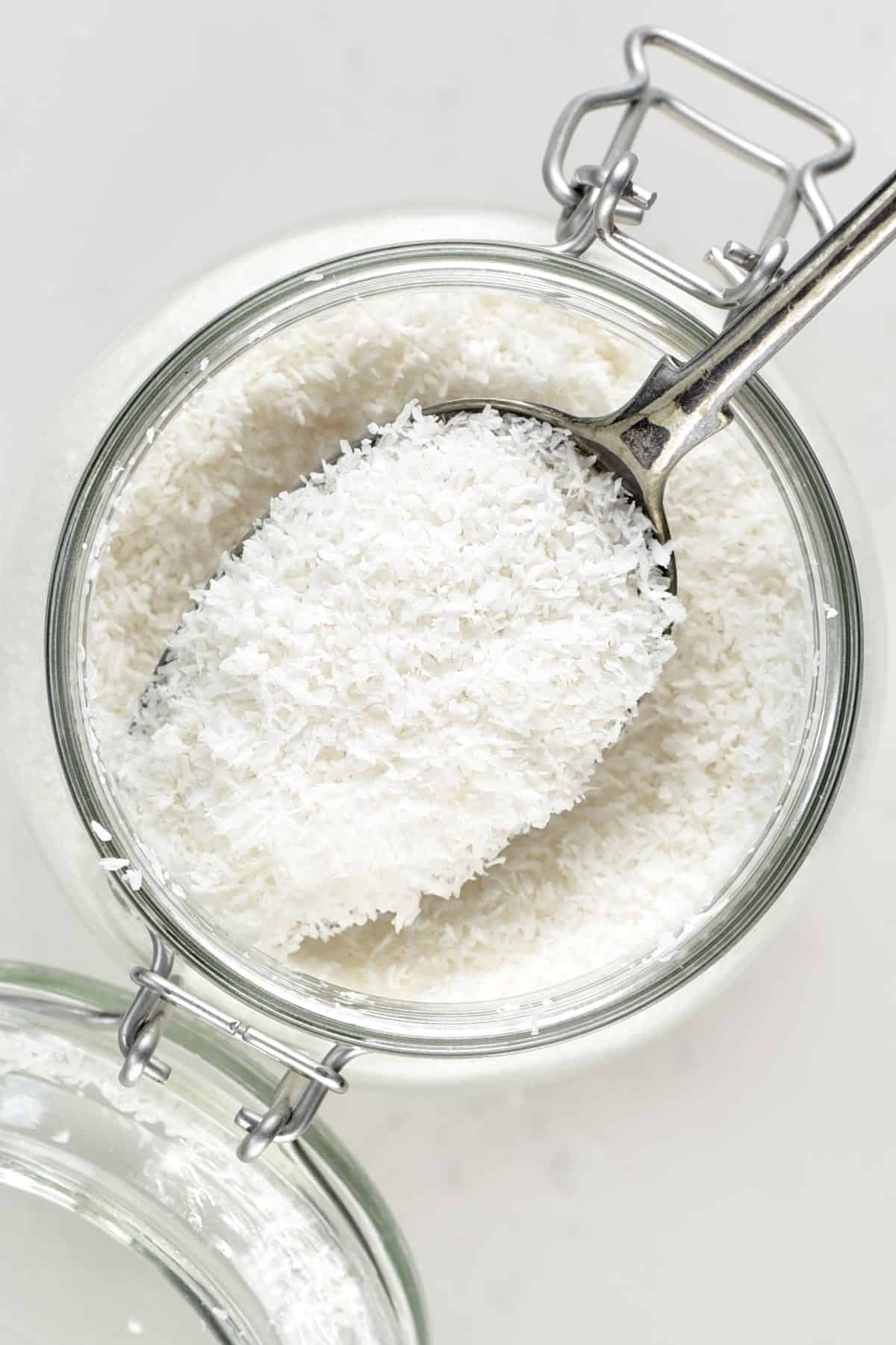
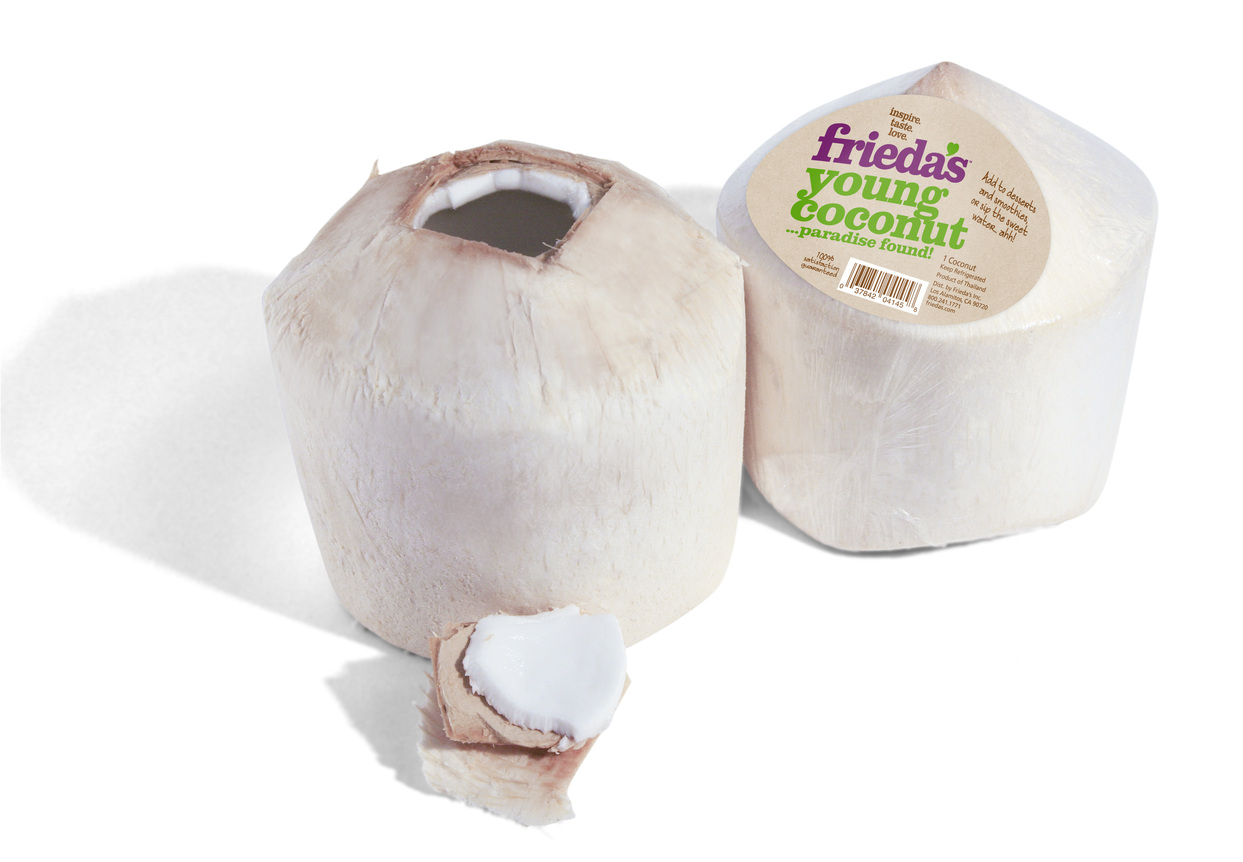

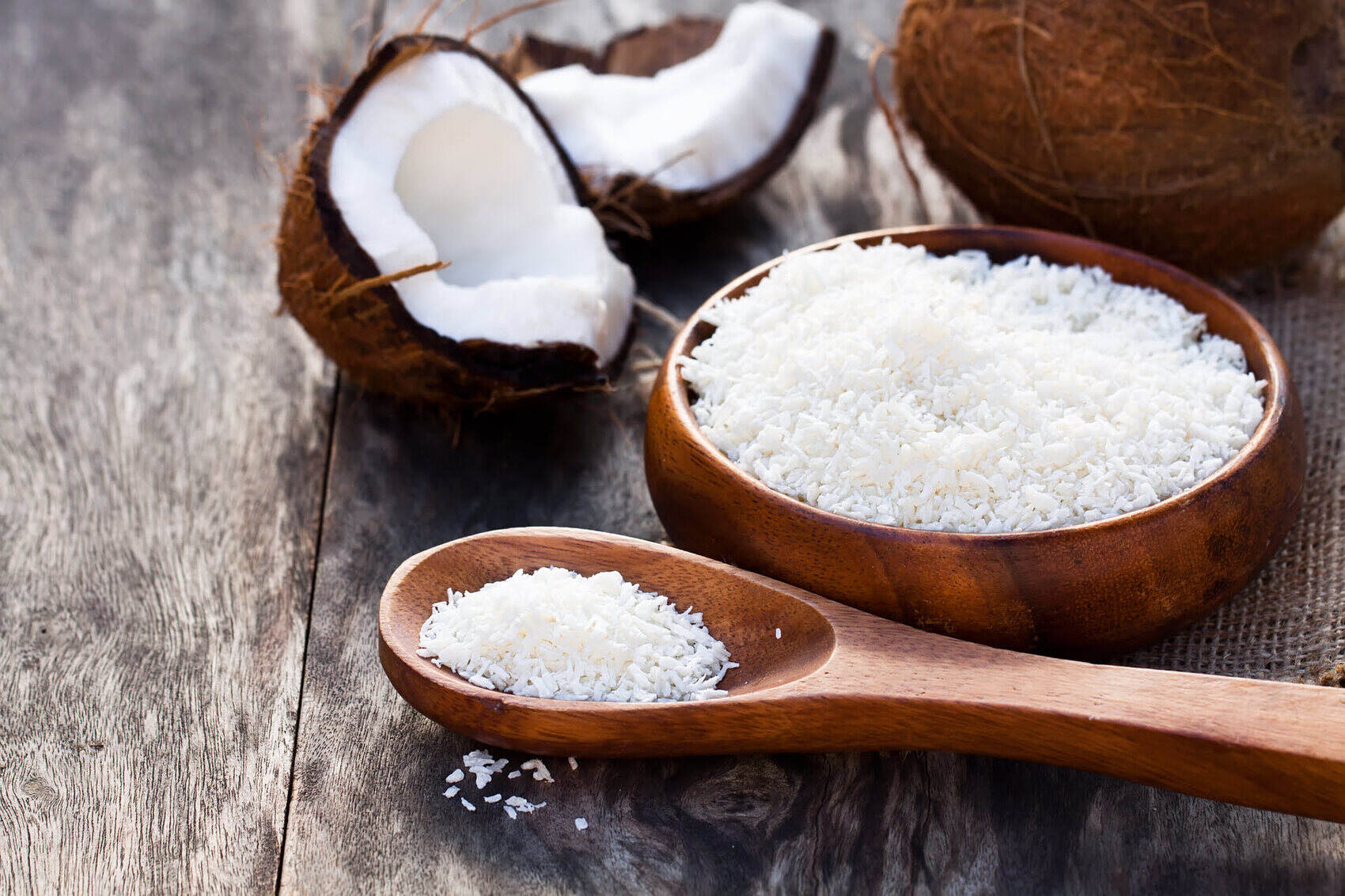
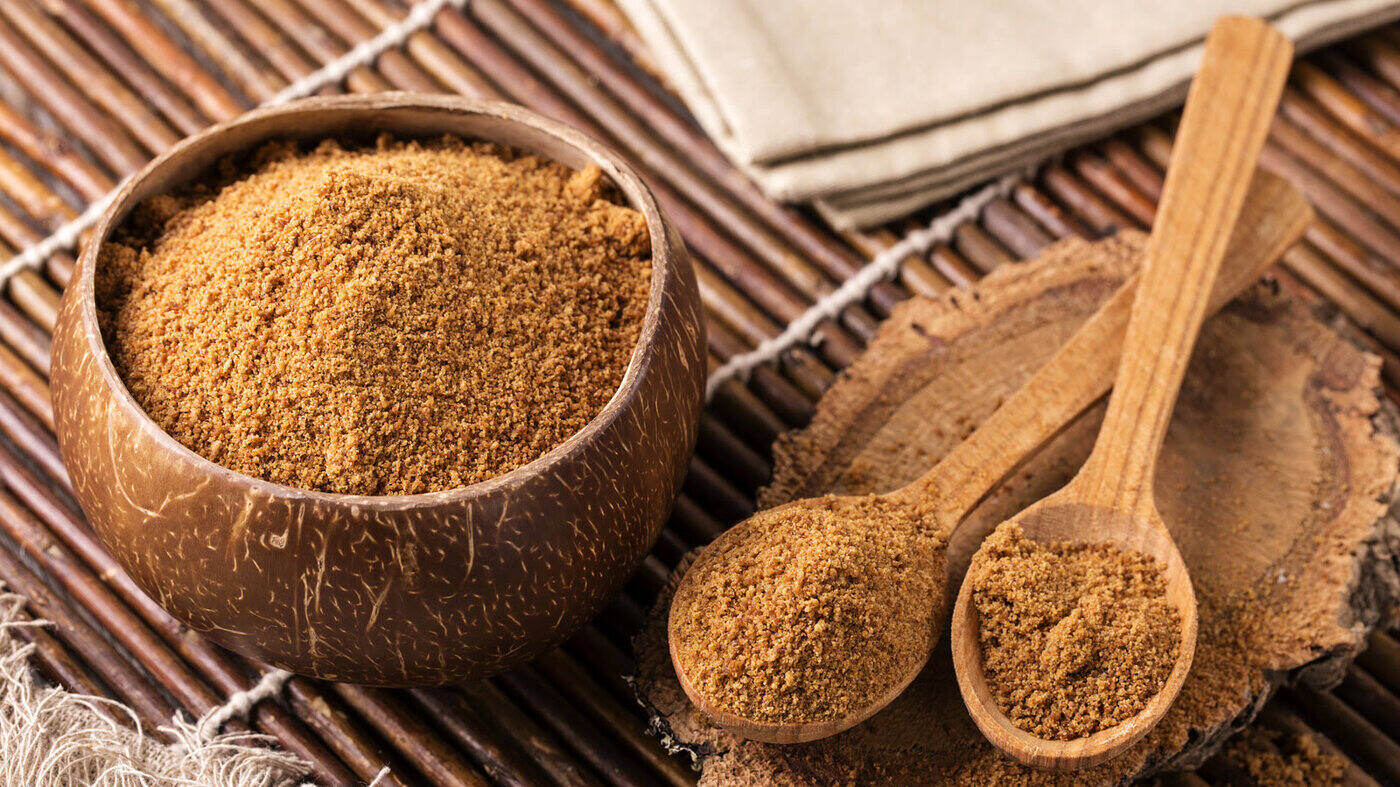
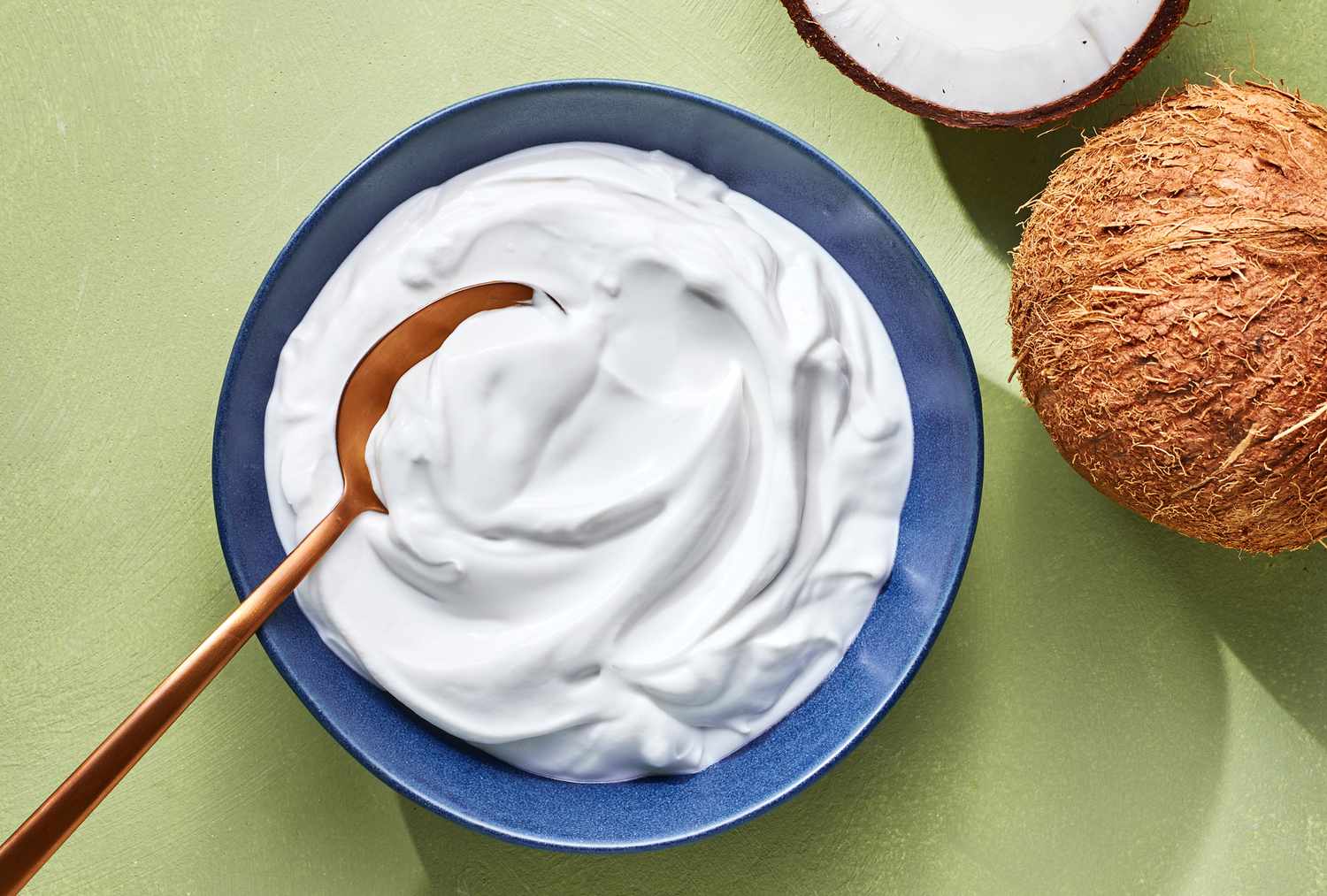
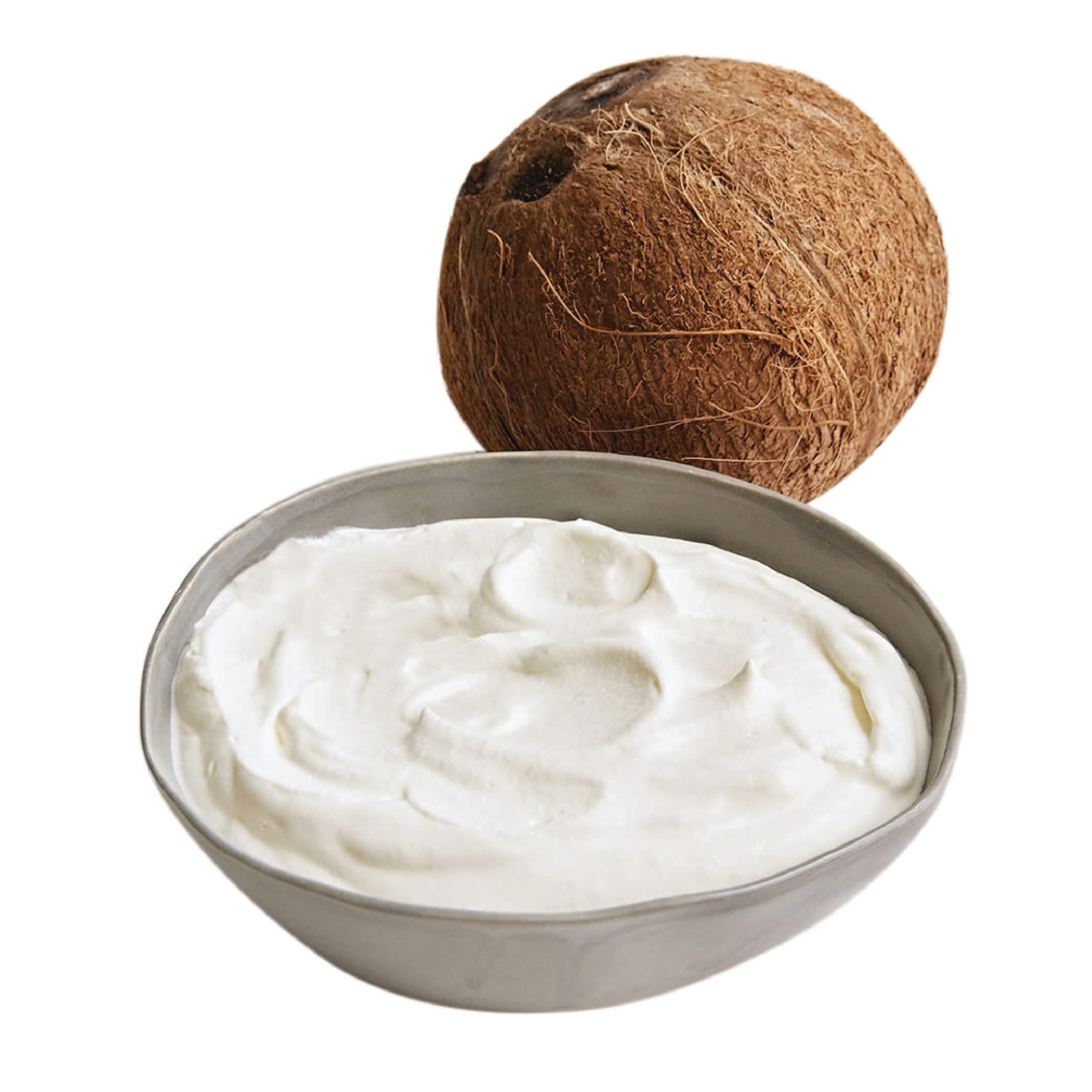
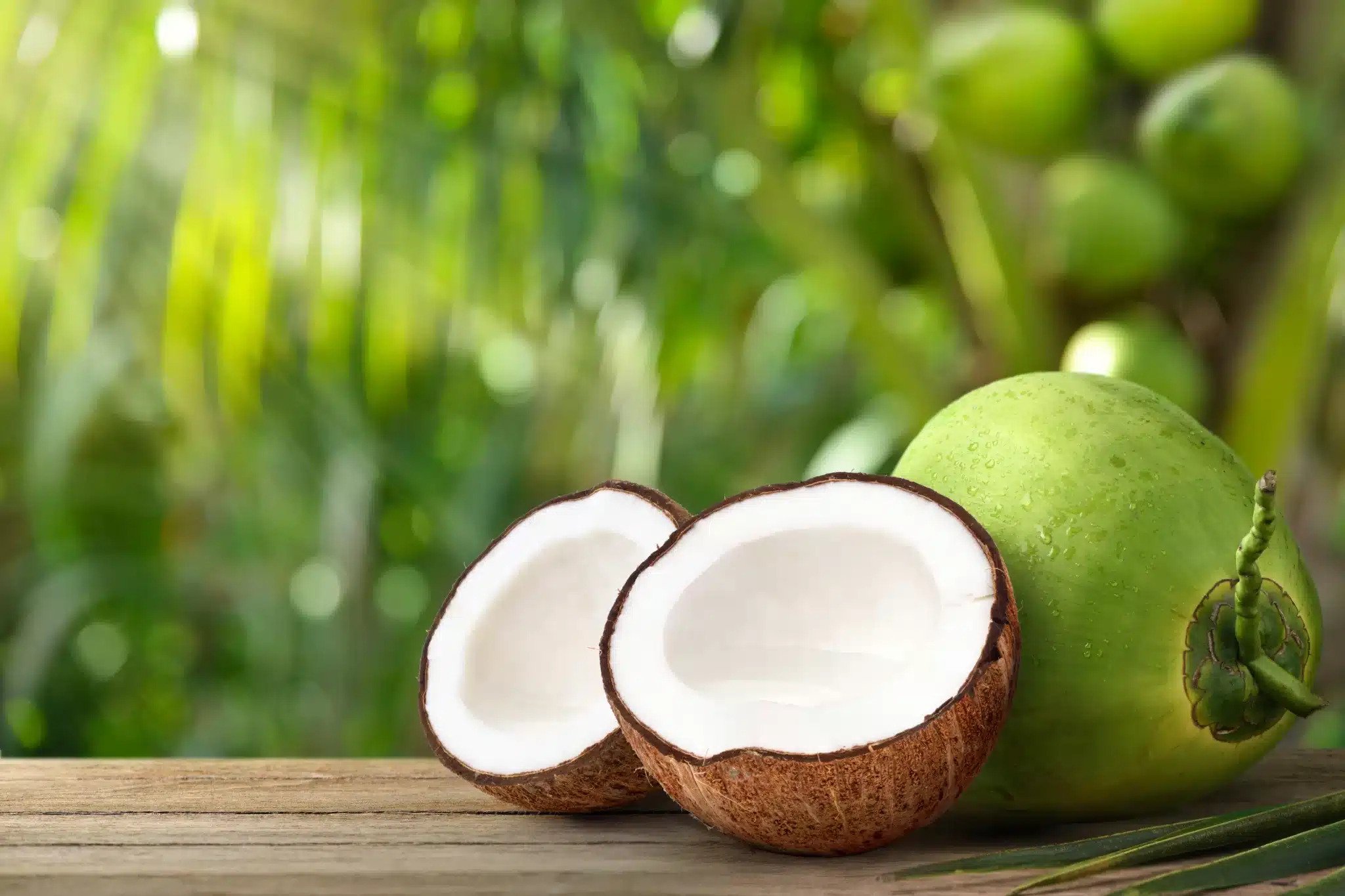

0 thoughts on “How To Store Coconut Oil”